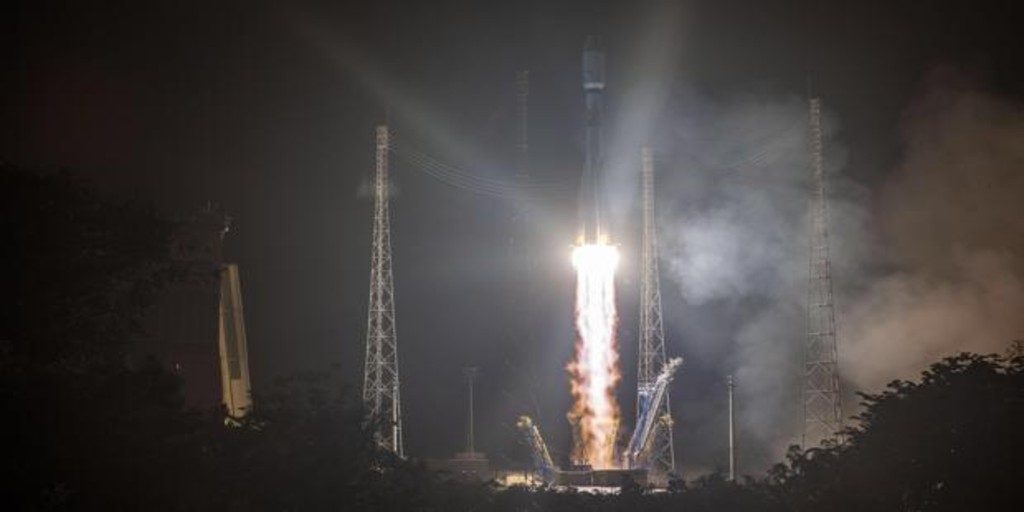Since time unknown, humans are curious to know about our planet and beyond. Recorded ancient wisdom finds mention of planetesimal bodies and planets other than our mother Earth. From observations by sky-gazing and impeccable estimations, calculations in ancient times to the present first-hand observations through telescopes and satellites, humans have come a far way. Our curiosities kept on expanding from our planet, our moon to stars and planets of our solar system, to stars and planets of other solar systems or galaxies. Telescope’s invention and its eventual development was a boon. For improved observations, a telescope was first sent into space in 1990. It was Hubble telescope. Few others are TESS, Kepler.
An addition to the space telescope, European Space Agency (ESA) has successfully put a telescope CHEOPS into space orbit. CHEOPS (CHarachterising ExOPlanet Satellite) will study the exoplanets- planets outside our Solar System several light-years away. CHEOPS was launched atop Soyuz rocket from Guiana Space Centre, French Guiana. It will orbit at a distance of 435 miles (700 km) from Earth. The cost for ESA was around 50 million euros. It will measure the density, composition and size of exoplanets. It will also study bright stars that we know have planets orbiting them. It will explore the orbits extensively. The focus planets are super-Earth to Neptune range of size. CHEOPS will be using the transit method measuring technique to carry out these studies and observations. TESS and Kepler earlier used this technique.
The project endeavors to know what these exoplanets are made of. It aims to compose a family picture of exoplanets. Apart from this, the purpose of this study is diverse. It has a more extensive scope to understand the conditions of extraterrestrial life. To understand the creation of the universe and in turn, how earth originated. Above all, to understand the origin of life better. Finding answers to the timeless questions- where did we come from, are we alone? The stride won’t stop here and humankind will ambitiously keep exploring in the pursuit of knowing it all!
